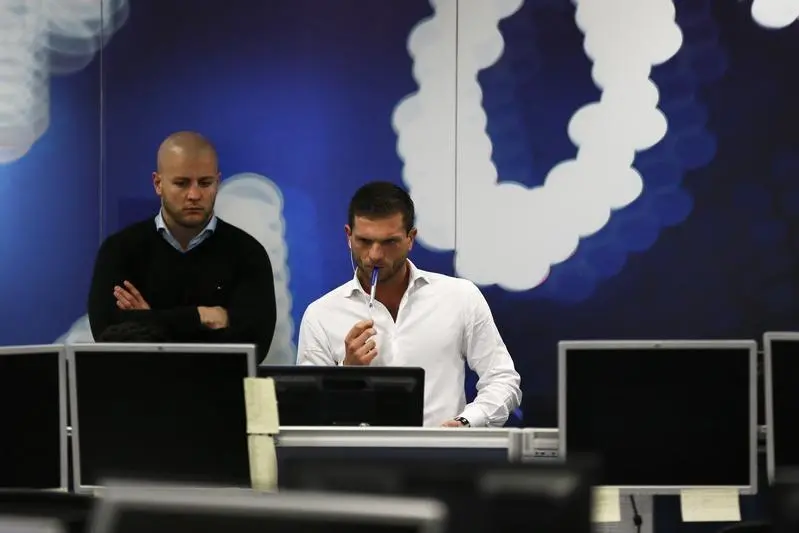PHOTO
LONDON - SSE’s plan to transform itself into a renewables and transmission networks powerhouse has been short-circuited. The UK energy group was forced to ditch a plan to merge its retail division with that of Germany’s Innogy. Of the two, SSE looks worse off.
The failure caps a torrid year for the Scotland-based utility, which announced two profit warnings earlier this year due to a trading loss and lower volumes after a hot UK summer. It had hoped that the merger of its retail business with Innogy would reduce competition and costs in the otherwise cutthroat sector, but a government plan to cap prices on unsophisticated customers has defeated the deal.
True, a merger with Innogy and the resulting cost savings should have helped absorb the price cap, which Jeffries reckons will otherwise cause operating margins at SSE’s retail business to roughly halve to 3 percent by 2019-20. Yet the cap increased the risk that both sides would need to pump more cash in the merged business to preserve its credit ratings, causing them to walk away.
On the face of it, the bust-up should be worse for Innogy, which operates in the UK under the npower brand. Its business is loss-making. But it has another potential merger partner when its current owner RWE sells its distribution assets to, which also has a UK business.
The merger leaves SSE’s strategy stuck in a rut. Ditching the retail business would have left it as pure energy producer and networks company, which should trade at a higher multiple of earnings once shorn of the low-margin retail business. The company said it could yet spin off or sell the division. But there may be little demand for a company in a challenged sector, and hostage to Britain’s fractious politics, including the latent threat of nationalisation if a Labour government takes power.
The bust-up could also put pressure on SSE’s overly-generous dividend policy. The payout will eat up all projected earnings this year and next, according to Refinitiv data. The risk is that the retail business further underperforms, eroding dividend cover. Following a 19 percent share price fall this year, SSE’s stock now yields a whopping 9 percent. Investors’ margin for error just got thinner.
On Twitter https://twitter.com/CGAThompson
CONTEXT NEWS
- SSE and Innogy on Dec. 17 ended plans to merge their British retail distribution arms, saying they could not agree on new commercial terms after Britain's regulator proposed a cap on energy bills.
- Last month SSE and Innogy warned that the deal, which would have created Britain's second-biggest retail power provider behind Centrica's British Gas, would be delayed after the government increased scrutiny of Britain's big power suppliers.
- The deal was not in the best interests of its customers, employees and shareholders, SSE said. The company added that it would consider other options for its retail unit, SSE Energy Services, including a standalone demerger and listing, an outright sale or an alternative transaction.
- “Adverse developments in the UK retail market and regulatory interventions such as the price cap have had a significant impact on the outlook for the planned retail company," Innogy board member Martin Herrmann said in a statement.
- SSE shares were down 1.7 percent to 10.70 pounds by 1350 GMT on Dec. 17. Shares in Innogy were down by 1.4 percent to 40.51 euros.
- For previous columns by the author, Reuters customers can click on THOMPSON/
- SIGN UP FOR BREAKINGVIEWS EMAIL ALERTS http://bit.ly/BVsubscribe
(Editing by Neil Unmack and Bob Cervi) ((Christopher.G.Thompson@thomsonreuters.com; Reuters Messaging: Christopher.G.Thompson.thomsonreuters.com@reuters.net))





















